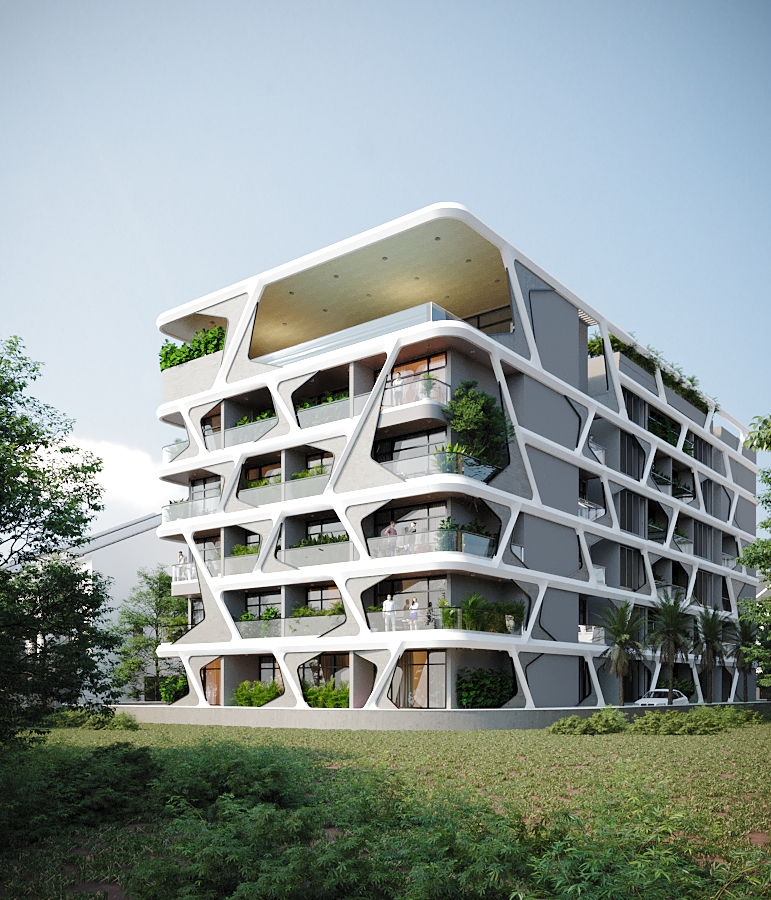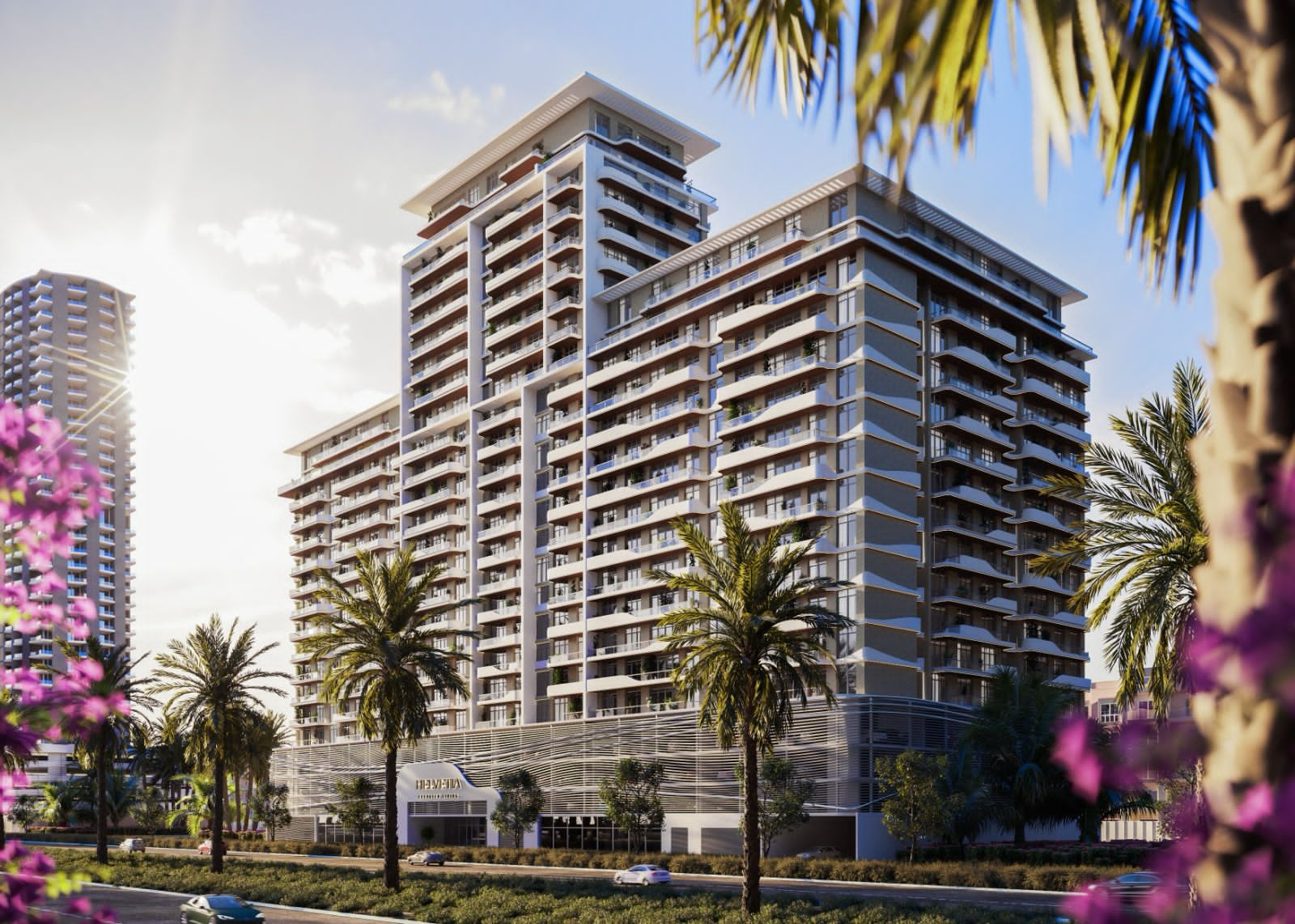The Growing Impact of Land Inflation in Ghana: A Heartfelt Look at Shai Hills and Foreign Acquisitions. Land is more than dirt and grass—it connects to our roots, history, and future. In Ghana, however, the rising issue of land inflation leaves many local farmers and families feeling disconnected from the land they’ve called home for generations. The cause? A surge in foreign investment, with Chinese companies leading the charge in areas like Shai Hills, a region known for its fertile soil and proximity to Accra.
But the problem isn’t just about the price hikes; it’s about community displacement, unfulfilled promises, and the growing gap between local livelihoods and foreign profits. Shai Hills, once a haven for local farmers, faces an unsettling transformation. Just outside Accra, this once-thriving agricultural community is being overtaken by foreign investors, particularly from China, who have acquired large portions of land with promises of development. Yet, those promises remain unfulfilled.
Foreign Influence and the Promise of Development
Companies like Hainan Zhongtai International Investment, China Export-Import Bank, and Sakata Seed Corporation were drawn to Shai Hills for its rich agricultural potential. However, according to the Ghana Land Commission, 40% of foreign land acquisitions over the last decade remain undeveloped. Instead of cultivating the land, these companies hold onto it for profit, waiting for its value to rise before reselling, while the local community suffers. Sakata Seed Corporation, for example, announced ambitious agricultural expansion, but as of 2023, the land remains abandoned and unused. Meanwhile, land prices soar, making it impossible for local farmers to afford what was once theirs. The heartbreaking reality is that these foreign investments are doing more harm than good, leaving Shai Hills residents displaced, struggling, and questioning whether these “developments” were ever meant to help them.
The Land Banking Crisis: Holding Land for Profits, Not People
It’s a practice that’s becoming all too familiar in Ghana’s land market: land banking. This is when foreign companies—rather than developing land for agriculture or industry as promised—simply hold onto it in hopes of watching the land value increase. For local communities, this is devastating. The price of land in Shai Hills has skyrocketed over the past five years, with values increasing by as much as 25% annually.
For example, land that once sold for GHS 10,000 per plot is now priced at least GHS 40,000 or more. But where’s the progress? Where are the jobs, the farms, the industries that were supposed to grow? Instead, local farmers are left behind, unable to afford land that once belonged to them, while foreign investors profit by simply holding onto it.
Voices from the Ground: The Local Struggle
The frustration among Shai Hills residents is palpable. One local activist explained, “Foreign companies come, take the land, and promise us prosperity. But instead, we’re being pushed out, and they’re making huge profits while we lose our homes and farms.” A farmer in Shai Hills said, “We were told these companies would help us, bring jobs and development. But now, the land is just sitting there, and we can’t even afford to buy land to farm anymore.”
What is deeply concerning is the growing sense of helplessness. Land inflation is not just a statistic—it’s a daily struggle for families being pushed out of their communities. And while foreign investors get richer, locals are forced to watch the land they’ve relied on for generations slip through their fingers.
What Needs to Change?
The situation in Shai Hills is a wake-up call. Ghana is a nation rich in resources and potential, but the current trend of unchecked foreign land acquisitions threatens to undermine the very foundation of local communities. Ghana’s government must regulate foreign investments more carefully, ensuring that land acquisitions lead to real, tangible benefits for the people rather than empty promises and inflated land values.
It’s clear that foreign investments should be paired with strict guidelines that ensure land development aligns with local communities’ needs. The government must hold investors accountable by requiring clear timelines and development plans. Those who fail to fulfill their commitments should face penalties, and foreign investors should be encouraged to work in partnership with local people, fostering mutual growth rather than profit at the expense of locals.
A Call for Social Responsiveness
At the end of the day, land isn’t just a commodity—it’s a home, a livelihood, and a heritage. It’s essential that we treat the land—and the people who work it—with the respect they deserve. Foreign investors, including Chinese companies, have an important role in Ghana’s development, but that role should never come at the expense of the people they aim to help.
One local farmer said, “We don’t mind foreign investors coming to help develop our land. But we do mind when they take our land and leave us with nothing but promises.” This is more than an economic issue—it’s a human issue. It’s about ensuring that Ghana’s prosperity is shared by everyone, not just foreign investors looking to profit. Let’s hold the conversation accountable and demand transparency and fair treatment that will allow Ghana to flourish in a way that benefits all.
A Game-Changing Opportunity @Shai Hills!
The Accra-Tema-Mpakadan railway project is a game-changer for the region, with a new train station in Shai Hills set to revolutionize transport and trade, bringing much-needed economic growth. Companies like Dangote Cement Ghana, which provides over 2,000 jobs in construction and logistics; Voltic Ghana, a Coca-Cola subsidiary that supports local suppliers and employs hundreds; Blue Skies Ghana, which partners with local farmers to export fresh produce globally; Twifo Oil Palm Plantation Ltd., which runs a fully operational palm plantation and creates sustainable jobs, and United Steel Company Ltd., a leading industrial player expanding its operations and hiring locally, are all making a real difference in the lives of the people in Shai Hills, offering hope, jobs, and a brighter future.
Sources:
Ghana Land Commission 2023 Report on Land Acquisitions
Ghana Investment Promotion Centre (GIPC) 2022 Annual Report
The Economic Impact of Foreign Land Acquisitions in Ghana by the Institute of Economic Affairs (IEA), 2021
Local Interviews with Shai Hills Farmers, 2023 & 2025










